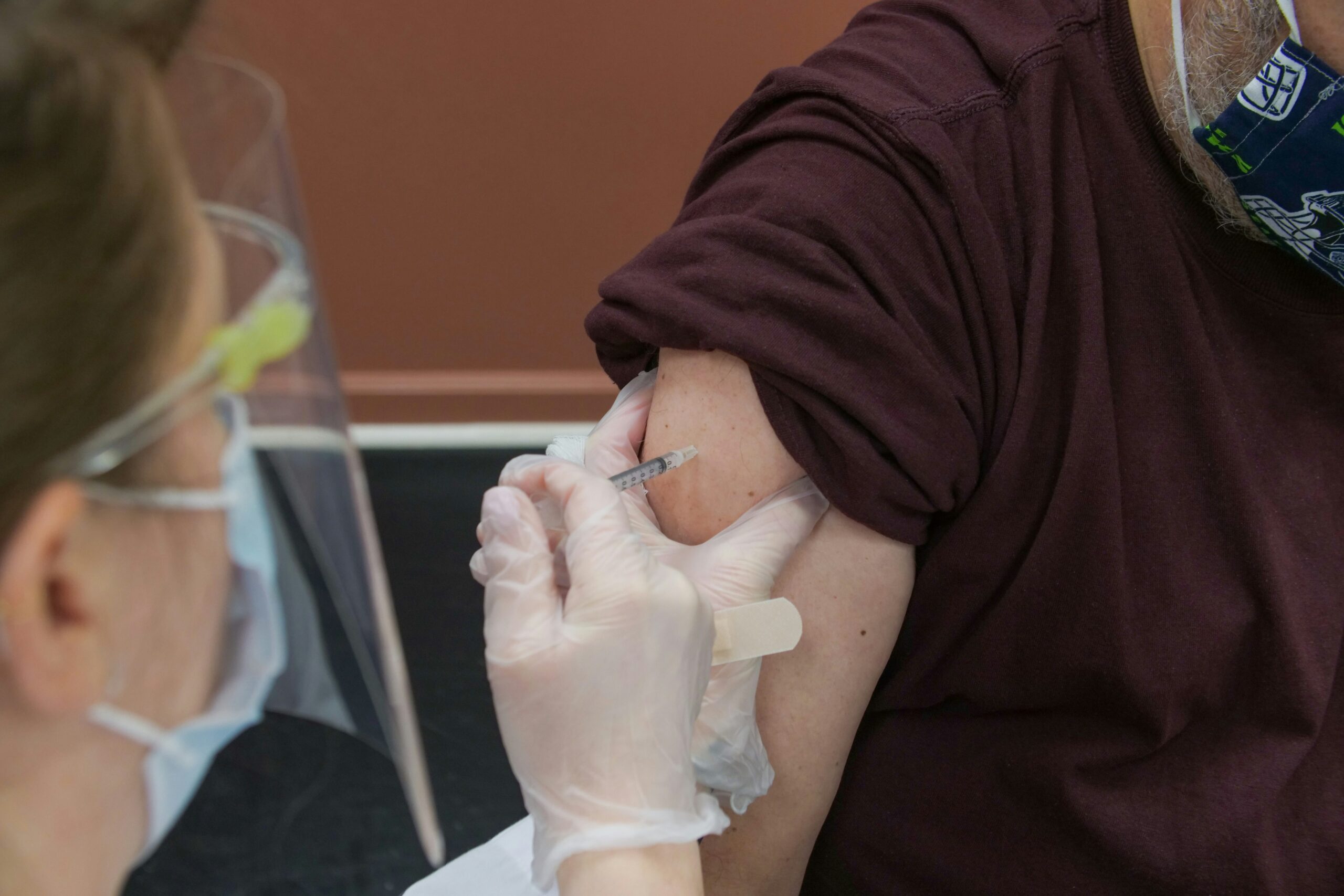The human brain has a unique ability to learn and maintain new behaviors through neuroplasticity. Neuroplasticity involves molding and reinforcing neural (brain cell) pathways, based on how new behaviors are repeated and rewarded. Eventually, this behavior may become a habit. Much like plastic, the brain can be remolded with use. This is how we can learn things like an additional language, how to dance, or how to drive.
Unfortunately, plasticity isn’t limited to behaviors with positive outcomes – the same toolkit is used to learn to brush our teeth as to build addictions. While this may seem counter-intuitive, it also means that we can unlearn addictive behaviors and that the effect of addiction on our brains isn’t necessarily permanent.
How Can Addictive Substances Change Our Brain?
All addictive substances have a unique pathway to habit formation, but also have many similarities. One of the most well-researched addictive substances is alcohol, including how its repetitive and habitual use can lead to alcohol use disorder (AUD). Different risk factors can influence how protected or at risk a person is to develop a substance use disorder, but, in general, using substances releases dopamine (a “reward” neurotransmitter) which is involved in experiential learning and habit formation.
How the Changes Alcohol makes to the Brain can Contribute to the Development of Alcohol Use Disorder (AUD)?
- Alcohol produces neurotransmitters linked to pleasure – for some, it feels nice to drink, so the person drinks more. Dopamine signals a pleasure response and we are more likely to repeat the behavior – i.e. using the substance. Dopamine also helps us to remember what “cues” or associated people, places, emotions, or things, were linked to this “pleasure”.
- Things we enjoy, we do more often – habit forming around drinking happens. The person seeks out the people, places and things that they associate with drinking and the associated pleasure, or decreased discomfort or numbing that accompanies it. At first, seeking out the substance was a decision, controlled by a part of the brain called the prefrontal cortex. Now, midbrain structures associated with reward and habit-formation, the basal ganglia, take over. Drinking and behaviors associated with it become a habit. This change in brain circuitry makes habits harder to stop.
- Alcohol numbs negative or unpleasant emotions – alcohol suppresses activity in the part of our brains that signals fear (the amygdala). This means that alcohol dampens our fight, fright, flee, or fawn responses and decreases stress – until negative consequences of alcohol use surface.
- Alcohol dysregulates executive disfunction – alcohol and addiction change how the prefrontal cortex works. The prefrontal cortex is a part of the brain that is involved in regulating impulse control, decision-making, planning, and many other thoughts and behaviors that are under an umbrella term called “executive functioning”. Alcohol also changes how this part of the brain works.
Once the person’s brain has effectively “learned” the habit, the brains stops rewarding the behavior as much. Thus, the person needs to drink more or use more of a substance to get the same pleasurable effect. This is called “tolerance”.
Physical tolerance to alcohol means that when a person stops drinking, emotional and physical symptoms of withdrawal can be extremely painful and sometimes life-threatening. Withdrawal symptoms are one of the most likely reasons a person may relapse during recovery from AUD. Although withdrawal can be extremely unpleasant and dangerous to face alone, treatment is available. No-one should have to face recovery from addiction alone.
Can We Reverse the Effects of Addiction on the Brain?
Yes, we can reverse the effects of addiction on the brain, although the extent of these changes not fully known. Although the brain’s plasticity can lead to the development of unhealthy or addictive behaviors, it can also learn healthy ones. Neuroplasticity can help the brain heal and help the person to learn new, adaptive coping strategies and habits, even in people who have lasting brain trauma related to AUD.
One of the first steps in the treatment of substance use disorders, such as alcoholism, will always be detox. Given all the changes to neural pathways to reinforce drinking behaviors, the person must return their brain to a state of homeostasis (balance) when alcohol and the associated neurotransmitters it releases are removed from the body.
Evidence-based treatments for AUD may include the use of medications to help with withdrawal and cravings and to treat any other mental disorders that the person may be struggling with. Medications target different brain circuits to help the brain to cope with withdrawal. Some medications target symptoms like insomnia, dysphoria, anxiety and irritability, while others may act on the basal ganglia to reduce the pleasurable effects of alcohol.
Combined with reducing the pleasurable or numbing effects of alcohol, the person will also need to find new, healthier behaviors and habits. Evidence-based treatments often make use of therapeutic methods, such as cognitive behavioral therapy (CBT), mindfulness techniques, exercise, alternative therapies, and group and family therapy. Support groups, such as SMART and Alcoholics Anonymous can also play an important role in recovery.
Although no one quite knows the extent to which our brains can contribute to both the development of and recovery from addiction, it is important to know that there is always hope. Brain plasticity is just one facet of healing and recovery.




